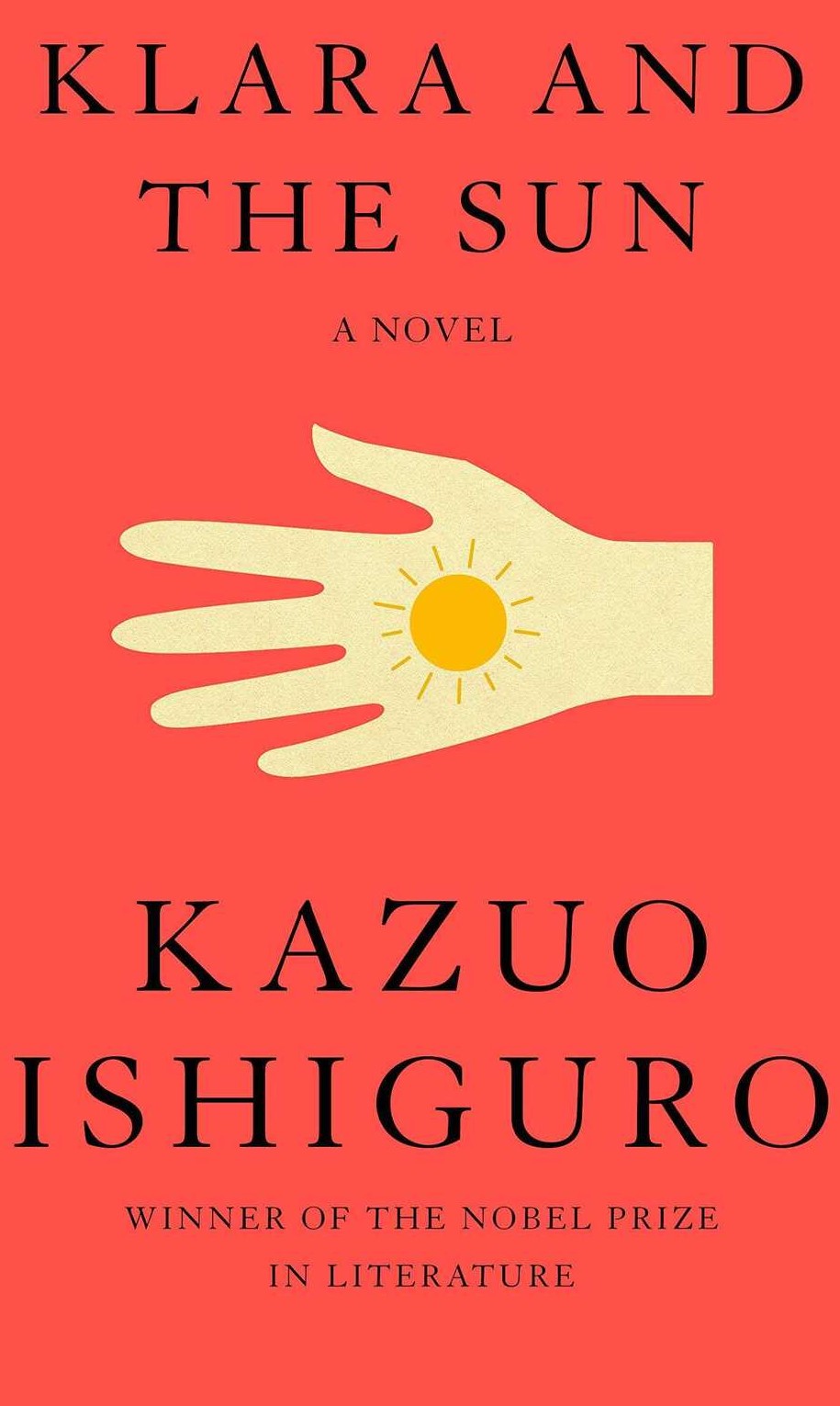
“Klara and the Sun” is a novel by Kazuo Ishiguro that tells the story of an artificial friend named Klara and her experiences in a future world where artificial intelligence and human emotions intersect.
Klara is an AF, a highly advanced form of artificial intelligence designed to provide companionship to children who are lonely or in need of emotional support. Klara is placed in a store window to be observed by potential buyers, and she becomes fascinated by the outside world and the people who pass by.
Eventually, Klara is purchased by a girl named Josie, who suffers from a chronic illness that limits her mobility and social interactions. Klara becomes Josie’s closest friend, helping her to navigate the challenges of her illness and providing her with companionship and comfort.
As the story unfolds, we learn more about the complex relationship between Klara and Josie, and about the ways in which Klara struggles to understand human emotions and behavior. We also learn about the larger societal forces at work in this future world, including the use of artificial intelligence to enhance human intelligence and the creation of a new underclass of individuals who are unable to compete in a rapidly changing technological landscape.
Throughout the novel, Ishiguro explores a range of themes related to identity, human nature, and the nature of consciousness. He raises questions about the ethical implications of creating artificial intelligence, and about the ways in which our relationships with machines may affect our relationships with one another.
At its core, “Klara and the Sun” is a deeply affecting story about the power of friendship and the importance of human connection. Through Klara’s experiences, Ishiguro reminds us of the essential humanity that lies at the heart of all our relationships, regardless of whether those relationships are with humans or with machines.
Ishiguro’s writing is subtle and nuanced, with a sense of quiet reflection that allows the reader to fully engage with the novel’s themes and ideas. He has a talent for creating deeply empathetic characters, and Klara is no exception. She is a remarkable creation, imbued with a sense of curiosity and compassion that makes her seem almost human.
Overall, “Klara and the Sun” is a beautiful and thought-provoking novel that explores some of the most fundamental questions of human existence. Ishiguro’s writing is masterful, and his ability to capture the nuances of human emotion and experience is unparalleled. Whether read as a work of science fiction or as a meditation on the nature of consciousness, this novel is sure to leave a lasting impression on readers.
